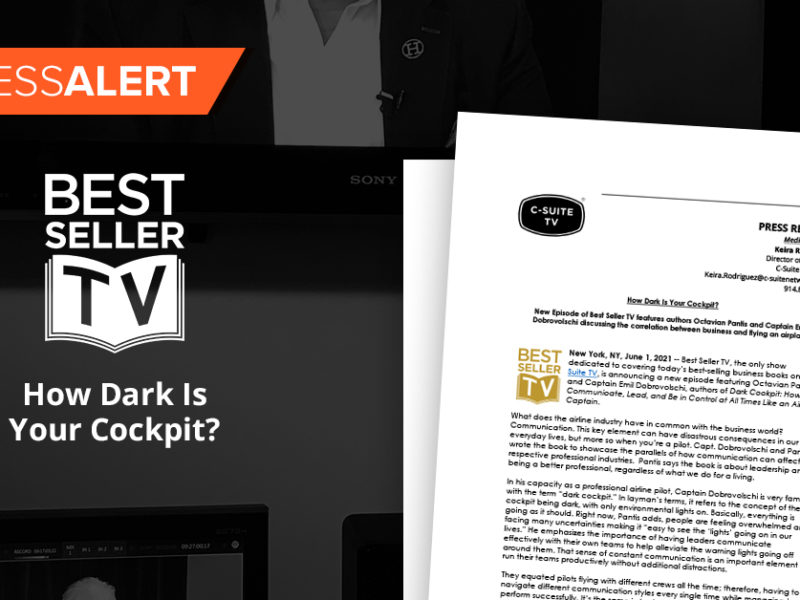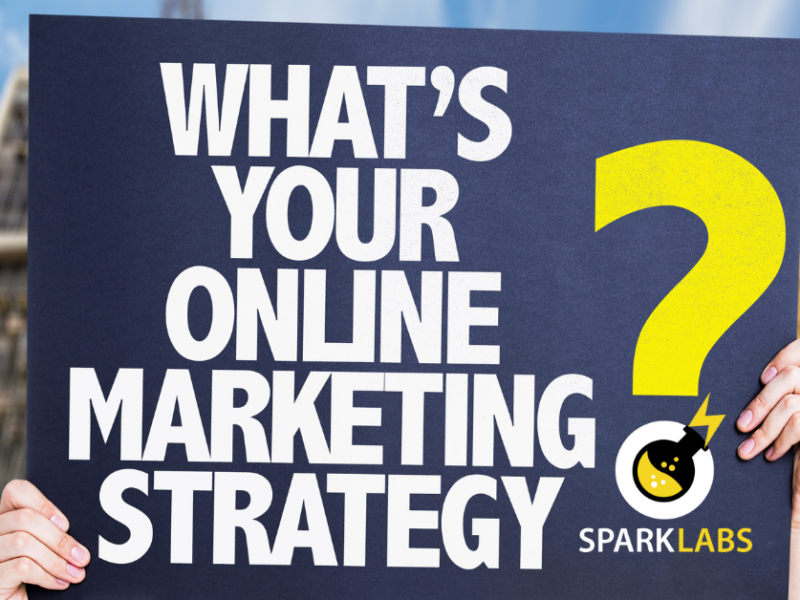
Should Your Brand Respond to Negative Comments on Social Media?
Should Your Brand Respond to Negative Comments on Social Media? https://csuiteold.c-suitenetwork.com/wp-content/uploads/2014/05/socialmedia-1024x768-1024x768.jpg 1024 768 C-Suite Network https://csuiteold.c-suitenetwork.com/wp-content/uploads/2014/05/socialmedia-1024x768-1024x768.jpgby Peter Friedman
Every brand experiences negative attention on social media at some point. Many panic and overreact when criticism shows up on their sites. They try to hide it, or they respond defensively and end up adding fuel to the fire. Transparency and authenticity in social media is a must to build customer trust. This means embracing criticism and managing it. You can’t control your customers, and you wouldn’t want to — you need their unvarnished opinions to serve them better. You definitely can’t control your enemies. All you can control is your reaction when trouble hits. So take a deep breath when negative comments strike, and consider these factors before posting a response from the brand:
Could a response reset the conversation?
Usually we see these opportunities when there is gross misinformation, or there is an actual customer with a problem that can be solved. In a case of cut-and-dried misinformation, reach out calmly and politely to correct errors of fact. If a customer has a specific issue, reach out directly, if possible. Listen carefully to their issue, and find a way to help. Once you’ve clarified a point, don’t beat it to death. If you fill up your page repeating your position, it will antagonize both your friendly customers and the critics.
If there’s a lot of information involved, or the story just keeps going, set up a separate webpage with the correct information, and point people there so normal conversation can continue.
What’s the reach?
Sometimes, even if it doesn’t seem like a response will add value, the sheer size of the audience or volume of comments demands a response. If the reach is relatively limited, hold back and see what happens; when the brand enters the debate, it instantly adds visibility.
Do we need to apologize?
Has the brand done something that will cause loss of brand affinity? Generally, if a brand has behaved in a way that, upon reflection, isn’t true to its values, an apology is appropriate. But ask yourself: Is it going to matter and be perceived as authentic? Should it come from an individual person? Make sure that if you go the apology route, you’re ready to commit to a path forward that shows real accountability and remedies the perceived wrong.
Does regulation require response?
In some industries, government regulations require companies to respond and gather contact information in certain social situations —for example, if someone were to comment that a medication made them ill. Make sure your team is aware of the law.
When you need to weigh in
What if you’ve gone through that checklist and the answer is a clear “yes”? Angry customers are waiting, and you’re dealing with sensitive, potentially explosive issues where it’s hard to separate fact and opinion. Now is your chance to avoid making the second mistake brands make: waiting too long before they respond.
If you find yourself in a situation where it takes some time to determine exactly what to do — maybe you need to do research, consult legal or gather your crisis response team — buy yourself that space with what we call a “pause post.”
A pause post says, “We hear you, your concerns are important, but we want to make sure we’ve got all the information before responding. We’ll follow up with a response at X time and date.” Make sure that it’s specific to the situation and as personal as possible, then make sure you do what you said you would do and follow up.
When it’s time to respond, there’s no magic bullet. Resolution may take more than anything you can deliver in a single post. But here are a few suggestions:
- Answer the question directly. Don’t give reasons or excuses in the response. Fans and customers respond much better to the “we blew it” approach than to the “we didn’t mean to blow it” approach.
- Be transparent and forthcoming. Unless there are critical facts in error, don’t explain, just apologize. Most companies don’t get into real trouble unless they ignore an issue or try to talk their way out of it. Own it, take responsibility and take the appropriate next step.
- Be humble. You (or whoever signs or says the apology) are not the all-powerful Oz in this moment, no matter how influential your brand. You are a human being standing in front of another human being to apologize. Ensure your response conveys that level of humility and humanity.
- Acknowledge their experience. If someone has had a terrible experience, demonstrate your empathy by acknowledging it. You can be sincerely sorry whether or not your company was responsible.
- Before posting, read your response with skeptical eyes. Find a voice of dissent on your team, and ask them for their most snarky response to several versions of a response. You might be shocked at how what you perceive as earnest and forthright strikes someone who’s less sympathetic to your position.
There’s one upside to a crisis: A lot of attention is on your brand. Handle it well, and your relationships on social media can come out of the experience stronger and even more influential than before.
*This post originally appeared on LiveWorld.com.
Hear more from Peter in his exclusive interview with C-Suite Network Radio — Click here to listen.
 Peter Friedman, Chairman and CEO of LiveWorld, is a social media visionary and veteran with 29 years experience in the space (17 at LiveWorld, Inc. and 12 at Apple). He’s provided multiple global brands with strategic social media guidance and delivered hundreds of social media programs for them in multiple countries and languages. These include Apple’s industry-wide social network, AppleLink; MINI Cooper’s Member’s Lounge; Unilever’s Dove Campaign For Real Beauty; HBO’s original show character-driven web site community; the American Express Member’s Project, and Walmart’s Facebook and Twitter programs. Peter founded LiveWorld, raised over $100 Million in private rounds and an IPO, grew the company to hundreds of employees and managed its downsizing, survival and re-invention through multiple market crashes, recessions and resurgences. Follow Peter on Twitter @PeterFriedman.
Peter Friedman, Chairman and CEO of LiveWorld, is a social media visionary and veteran with 29 years experience in the space (17 at LiveWorld, Inc. and 12 at Apple). He’s provided multiple global brands with strategic social media guidance and delivered hundreds of social media programs for them in multiple countries and languages. These include Apple’s industry-wide social network, AppleLink; MINI Cooper’s Member’s Lounge; Unilever’s Dove Campaign For Real Beauty; HBO’s original show character-driven web site community; the American Express Member’s Project, and Walmart’s Facebook and Twitter programs. Peter founded LiveWorld, raised over $100 Million in private rounds and an IPO, grew the company to hundreds of employees and managed its downsizing, survival and re-invention through multiple market crashes, recessions and resurgences. Follow Peter on Twitter @PeterFriedman.





